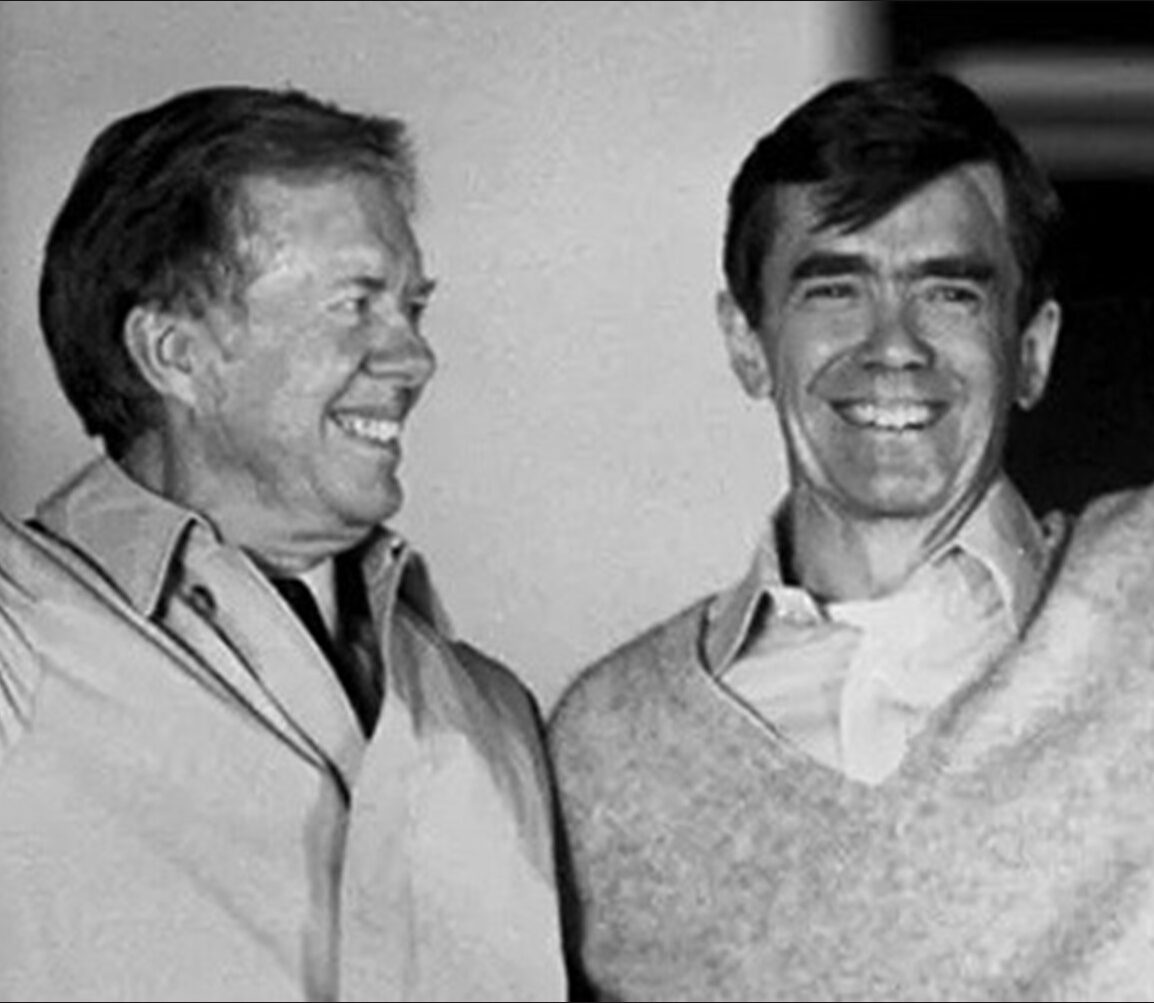January 17, 2025

(right) to Tehran as charge d’affaires with the
assignment to make peace with Iran and accept the
revolution. The Islamic Republic imprisoned him.
In Iran, state television announced the death December 29 of former President Jimmy Carter by branding him the “architect of economic sanctions.” Many Iranians have far from fond memories of him.
“Carter had a bad character,” said Hassan Taherifar who works at a Tehran shop near the former US embassy in Tehran, known locally as the Den of Spies. “Instead of supporting our nascent revolution, he opened a spy center in our country,” Taherifar told Agence France Presse. Actually, that is not true. That is the propaganda line of the Islamic Republic.
Carter actually decided the revolution had public support and the US would have to deal with it. When Bruce Laingen was picked to become charge d’affaires in charge of the Tehran embassy, Carter called him to the White House and told him to make peace with the revolution and stabilize relations, Laingen later said.
But many in Iran accept the official view that Carter was intent on overturning the new government. “He will rot in hell,” one man in his 50s, who did not give his name, said outside the old embassy building. Iran’s state TV announced Carter’s death by describing him as the “architect of economic sanctions” on the Islamic Republic.
“Carter’s failure … to properly deal with Iran, made his presidency short, only one term,” said the reporter. Carter imposed the first sanctions on Iran in 1980, but they were relatively limited. The really punitive sanctions that reduced Iran’s oil sales drastically were imposed during the Clinton Administration in 1996. Today, the former US embassy building serves as a museum, with a portrait of Carter still hanging on the wall of what was once the ambassador’s office.
“Carter wasn’t good to us,” said 60-year-old Alireza, who runs an insurance company. “This incident [the hostage crisis] had a great impact on relations between Iran and America and Carter’s role was negative,” he said. In a 2014 interview with CNBC, Carter said he could have been re-elected to a second term in 1980 if he had taken military action against Iran during the hostage crisis.
“It would have shown that I was strong and resolute and manly,” the former president said. “I could have wiped Iran off the map with the weapons that we had,” he said. “But in the process, a lot of innocent people would have been killed, probably including the hostages.”






















